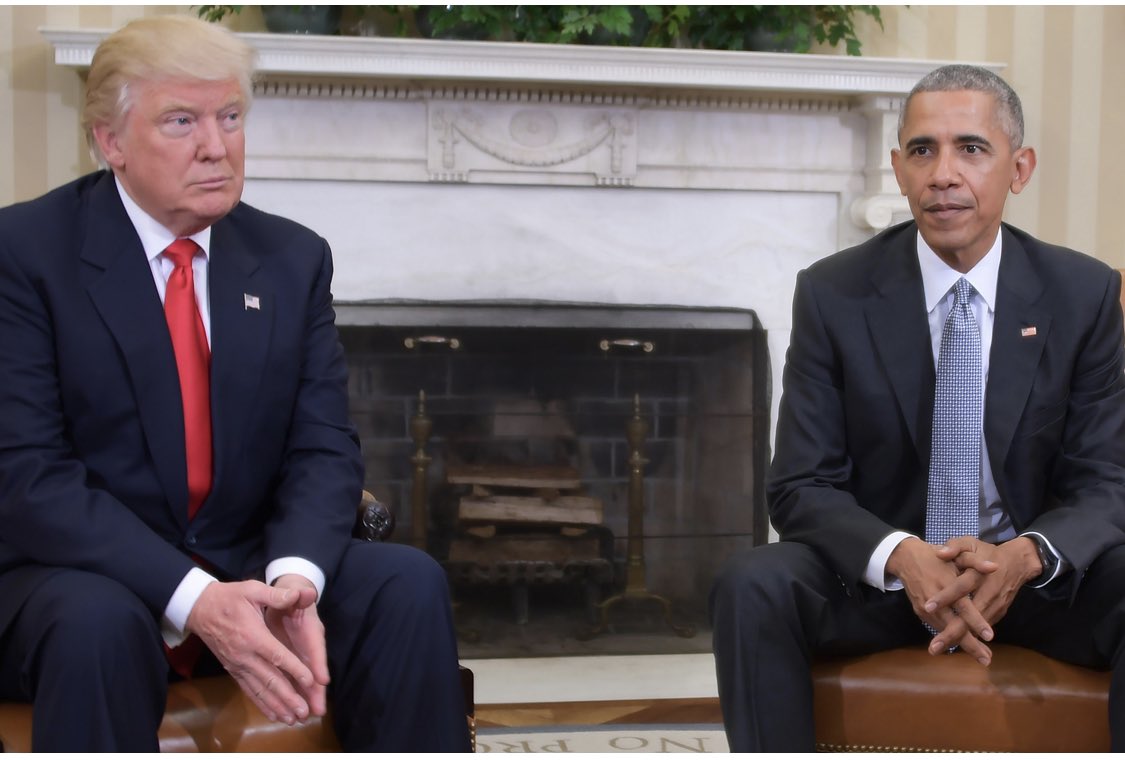Why didn’t #AutismAtWork companies show up at the #ASANGala the next night in the same town (apart from @Microsoft)?
https://twitter.com/AutismSociety/status/1196629652619415552
By the way, that wasn’t some sort of dig. It’s a question that companies should sincerely ask themselves.
I’ve found most companies think of autistics as simply individuals. We’re also community. We’re culture. To find success, companies must connect with the autistic community.
I’ve found most companies think of autistics as simply individuals. We’re also community. We’re culture. To find success, companies must connect with the autistic community.
And to connect w/ the autistic community, they must connect with autistic communities. We’re not a monolith. We’re not all white men. There is vibrant black autistic culture, queer autistic culture, Deaf/HH autistic culture, groups of autistic scientists, autistic academics, etc.
And to other autistics, I’d issue this challenge: Whenever we find ourselves individually engaging with companies or groups who want to understand us, point them to autistic people who look, speak, and experience the world in ways very different than ourselves.
This is the most joyous part of advocacy when you get down to it. As an individual, it’s easy to be dismissed or tokenized. However, insisting and saying “you really need to listen to other voices besides me” helps to circumvent that and begins to build power.
My hope for 2020 is that autistic people will further grow our sense of community and culture, that we will support and ally and accomplice with the specific autistic community and culture of autistics different than ourselves, and that we help non-autistic people do so as well.
So, I’m not knocking #AutismAtWork companies here. I’m saying “there’s so much more you should know!”
Engage with autistic community and culture. Engage with ALL autistic communities and culture. Doing so will deliver the results you seek - and more.
Engage with autistic community and culture. Engage with ALL autistic communities and culture. Doing so will deliver the results you seek - and more.
• • •
Missing some Tweet in this thread? You can try to
force a refresh





